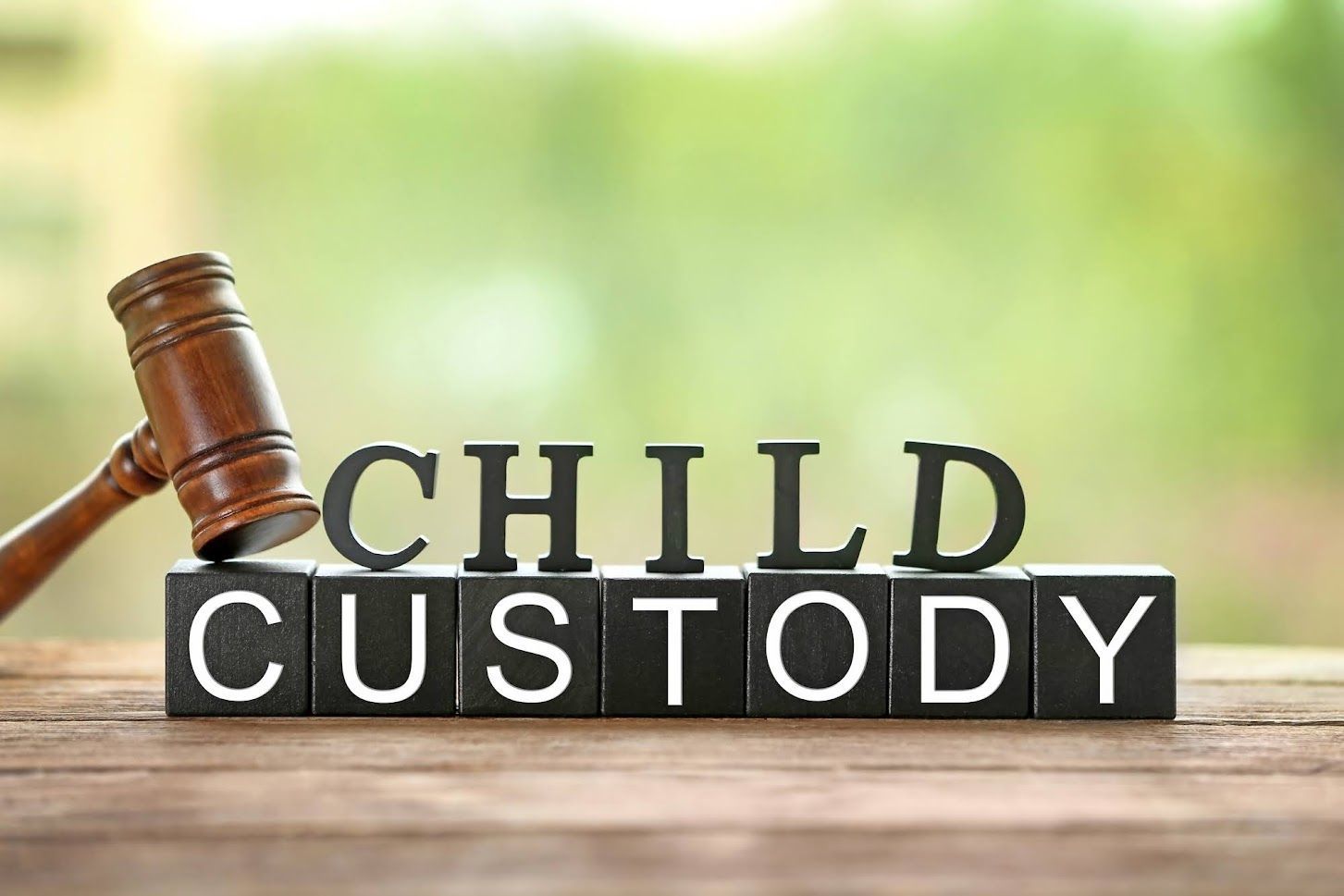5 Types of Custody

If both parents want to care for their child but can't live together, the court will have to decide about custody. Custody determines who stays with the child and makes critical decisions about the child's life. Learn about the main types of custody that you should know.
1. Legal Custody
Parents have the right to make decisions about their children's lives, including on things such as cultural education, tutoring, choice of school, and religious education. In most cases, the courts will award joint legal custody to both parents because this may be in the child's best interests. That means both parents must decide about the child's religious instruction, medical care, and type of education.
Sometimes, the court can award sole legal custody to one parent. This usually happens if the other parent is unfit and unable to make rational decisions about the child. The parent with sole legal custody can make all the major decisions about their child's life without consulting the other parent.
2. Physical Custody
Physical custody refers to the parent who will look after the child on a daily basis. This type of custody typically means that the child will live with the parent in physical custody. When one parent gets physical custody, the other parent typically receives visitation rights. For example, the visiting parent may have exclusive time with the child on weekends, on major holidays, or some weeks in summer.
The main types of visitation arrangements include:
- Scheduled visitation. Parents work with the court to create a visitation schedule that has specific visitation times. The visitation schedule is highly detailed to remove any confusion.
- Reasonable visitation. If the parents are on good terms, they can agree to organize the visitation on their own. The parents decide informally on the time that each parent spends with the child.
- Supervised visitation. If the court is concerned about the reasonable safety and well-being of the child during visitation, the court can order supervised visitation. The other parent or another trusted person can supervise the visitation.
- No visitation. If the presence of one parent is harmful to the child, the court might direct that parent never to visit the child.
The court can also divide physical custody between the parents. That means that the child can live with either parent, depending on the custody arrangement. This is meant to respect the emotional bonds between the child and both parents. Physical custody also shares the financial burden of raising the child between both parents.
3. Sole Custody
Sole custody is when the court grants both legal and physical custody of the child to one parent. The parent with sole custody lives with the child and makes all legal decisions about the child's life. The court typically makes this decision to reduce disruptions to the child's life. For example, if the child has to move between two homes regularly, their life may be disrupted.
The court will then grant visitation rights to the other parent.
4. Joint Custody
The court can award physical and legal custody to both parents. This form of custody means the child will spend equal time living with each parent. The parents will also agree on every decision regarding the child's upbringing.
5. Bird's Nest Custody
This is a rare type of custody where the child lives in the family home while the parents move out. The parents will then take turns living with the child in the family home.
You obviously want to spend as much time as possible with your child. If you want to win custody, you have to work with a qualified lawyer, such as Gayheart & Willis P.C. We provide divorce, personal injury, and estate planning legal services. Contact us to know how we can help you.












